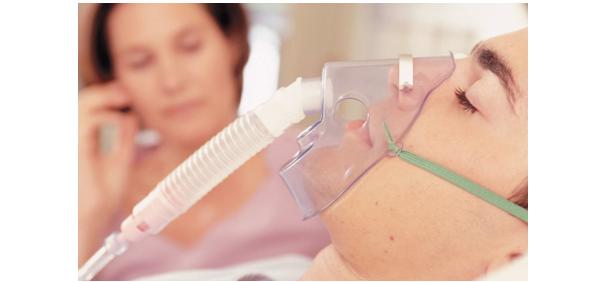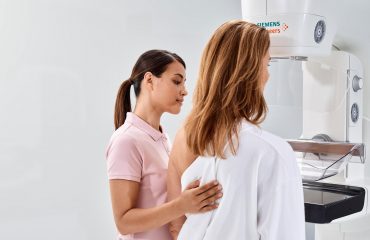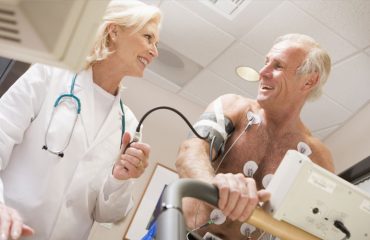
PET is a promising tool for determining which severely brain-damaged individuals in a vegetative state could potentially recover consciousness, according to new research published in The Lancet. It’s the first time that researchers have tested the diagnostic accuracy of functional brain imaging techniques in clinical practice.
“Our findings suggest that PET imaging can reveal cognitive processes that aren’t visible through traditional bedside tests and could substantially complement standard behavioral assessments to identify unresponsive or vegetative patients who have the potential for long-term recovery,” says study leader Steven Laureys, PhD, a professor from the University of Liège in Belgium.
In severely brain-damaged individuals, judging the level of consciousness has proved challenging. Traditionally, bedside clinical examinations have been used to decide whether patients are in a minimally conscious state, in which there is some evidence of awareness and response to stimuli, or are in a vegetative state, also known as unresponsive wakefulness syndrome, where there is neither, and the chance of recovery is much lower. But up to 40% of patients are misdiagnosed using these examinations.
“In patients with substantial cerebral edema [swelling of the brain], prediction of outcome on the basis of standard clinical examination and structural brain imaging is probably little better than flipping a coin,” wrote Prof Jamie Sleigh of the University of Auckland in New Zealand, and Catherine Warnaby, PhD, MPhys, of the University of Oxford in the United Kingdom.
The study assessed whether two new functional brain- imaging techniques—FDG-PET and function MRI (fMRI) during mental imagery tasks—could distinguish between vegetative state and minimally conscious state in 126 patients with severe brain injury (81 in a minimally conscious state, 41 in a vegetative state, and four with locked-in syndrome, a behaviorally unresponsive but conscious control group) referred to the University Hospital of Liège. The researchers then compared their results with the well-established standardized Coma Recovery Scale-Revised (CSR-R) behavioral test, considered the most validated and sensitive method for discriminating very low awareness.
Overall, FDG-PET was better than fMRI in distinguishing conscious from unconscious patients. Mental imagery fMRI was less sensitive at diagnosis of a minimally conscious state than FDG-PET (45% vs. 93%) and had less agreement with behavioral CRS-R scores than FDG-PET (63% vs. 85%). FDG-PET was about 74% accurate in predicting the extent of recovery within the next year compared with 56% for fMRI. Importantly, one-third of the 36 patients diagnosed as behaviorally unresponsive on the CSR-R test who were scanned with FDG-PET showed brain activity consistent with the presence of some consciousness. Nine patients in this group subsequently recovered a reasonable level of consciousness.
“We confirm that a small but substantial proportion of behaviorally unresponsive patients retain brain activity compatible with awareness,” Laureys says. “Repeated testing with the CRS-R complemented with a cerebral FDG- PET examination provides a simple and reliable diagnostic tool with high sensitivity towards unresponsive but aware patients. fMRI during mental tasks might complement the assessment with information about preserved cognitive capability but should not be the main or sole diagnostic imaging method.”
The authors point out that the study was done in a specialist unit focusing on the diagnostic neuroimaging of consciousness disorders, and therefore roll out may be more challenging in less specialist units.
Commenting on the study, Sleigh and Warnaby add, “From these data, it would be hard to sustain a confident diagnosis of unresponsive wakefulness syndrome solely on behavioral grounds, without PET imaging for confirmation … [This] work serves as a signpost for future studies. Functional brain imaging is expensive and technically challenging, but it will almost certainly become cheaper and easier. In the future, we will probably look back in amazement at how we were ever able to practice without it.”
— THE LANCET
Source: Radiology Today




